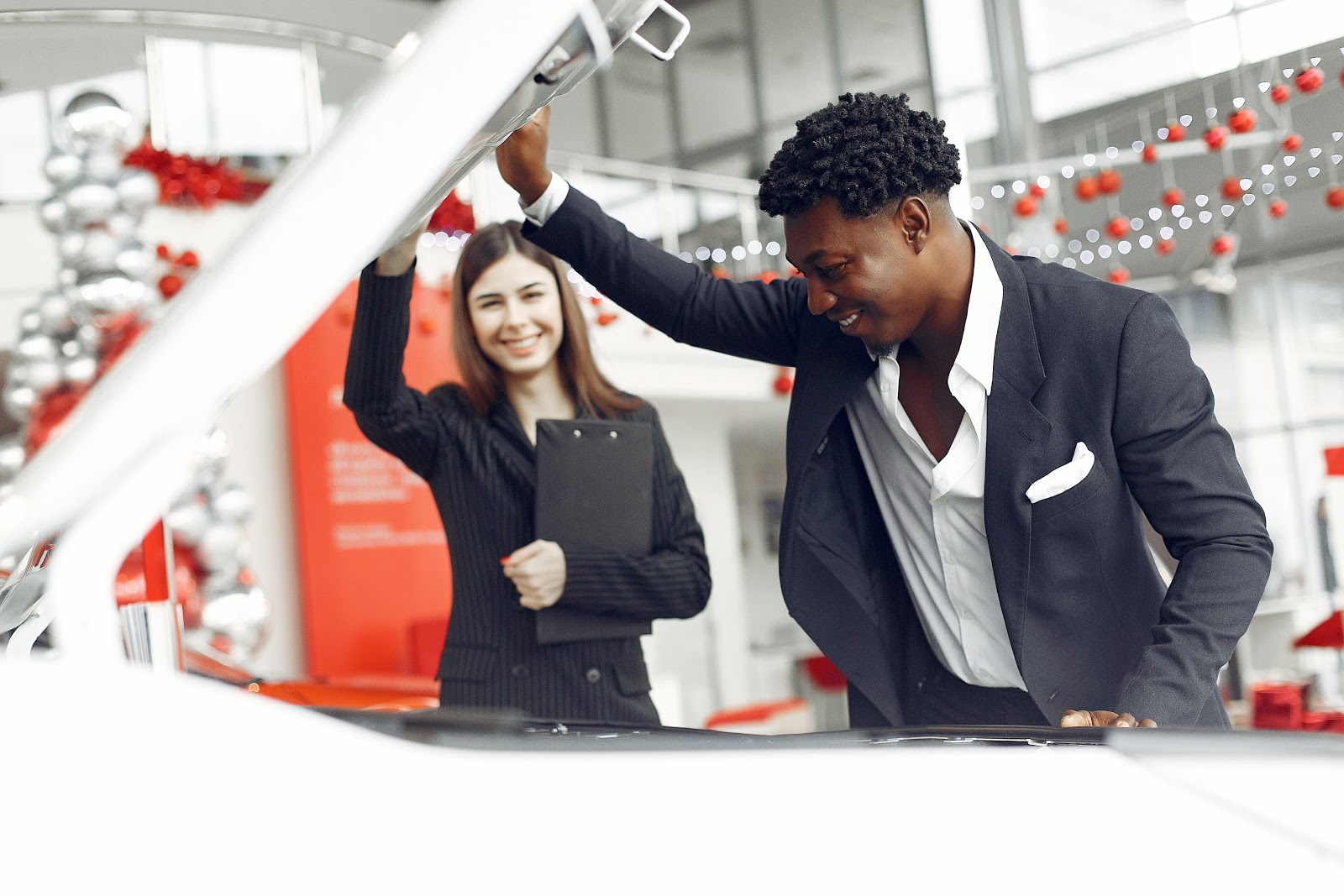
What to look for when purchasing a second hand car
30 January 2021 / [email protected]
If you’re in the market to buy a second hand car, you have to ask yourself a lot of questions. As soon as you make the decision and weigh in all possible considerations, how confident are you to start the purchase process? If you are looking for a handy guide, then you have come to the right place.
Where to Purchase a Second Hand Car
Once you’ve made the decision to purchase a second hand vehicle, there are so many options as to where you can get your car and each option comes with its own set of pros and cons.
-
Car dealership. They are almost everywhere. Some are large chains and other small independents. If you are a bit nervous about purchasing your very first vehicle, going to your nearest car dealership is a good idea. Reliable car dealerships put their vehicles through meticulous testing and offer a good warranty. Although these benefits may increase the cost of the vehicle, you can be assured that what you are buying has been rigorously tested and is in good driving condition.
-
Private Seller Although the upfront costs of vehicles bought in a driveaway deal are cheaper, you could end up shelling out more money when it comes to repairs.
Age and Mileage of a Second Hand Car
An average car can complete about 10,000 to 15,000 miles in one year so as a rule of thumb, you should be cautious of purchasing a car that has completed 100,000 miles in only 5 years. This could be a sign that the car has served as a rental vehicle or it may not have been well taken care of.
If you prefer to purchase a vehicle with no to little mileage, you can always look at a brand new ones but if you can find a used vehicle with low mileage that has been sitting in the garage for many years, that is a great bargain! However, you need to inspect the car personally and see if it is suitable and safe to use.
The Type of Second Hand Car You Need
Before finally deciding to purchase a car, you may have settled on the budget that you are going to stick to. Instead of asking yourself the reasons why you want a car, you should be asking yourself the reasons why you need it. For instance, will you be using it as a family car or a vehicle for your daily commute? Do you need a vehicle to tow something? Do you need a vehicle to drive you around town or for long distances? Will it serve as a personal car or do you need it to serve your entire family? Is it powered by electric, diesel or petrol and which option is considered safer for the environment?
How Much Should You Pay for a Second Hand Car
Are you planning to purchase a second car through finance or have you set a budget for it? If so, take into consideration how much it would take to insure your vehicle. In general, smaller vehicles have lesser insurance costs. As soon as you have found a vehicle that you want, go for a test drive and haggle if you can. Although not all dealers would lower their price, there is no harm in trying.
Take the Second Hand Car on a Test Drive
Some people purchase a car without even taking it for a spin but we highly suggest that you take it for a ride before you decide. You need to feel the car you will be driving and taking it for a test drive might be the only way to spot any problems or determine if the car is not in good driving condition or what you are looking for.
If you’ve spotted a potential vehicle and something just doesn’t feel right, be prepared to walk away and find another vehicle. More often than not, after a test drive you will be able to tell if it is the car for you.
Before you make the final decision, check its overall condition. Walk around it and check its tyres. Take a look at the gaps between the panels. If something seems to be out of place, the vehicle may have previously crashed. Inspect the lights and make sure everything is working, especially the fog lights.
When looking under the hood, check for any signs of water and oil leaks. You can turn the engine on for about 10 minutes and check the exhaust. If it is leaking water or a thick smoke is coming out, this could be a sign of a major issue so you better find another car.
The Best Time to Purchase a Second Hand Car
The seasonal trends of new car sales also have an effect on second hand car sales. If you are searching for the best possible bargain, you may want to avoid buying second hand convertibles in spring or summer: in winter, their demand is much lower. New car sales are through the roof in the months of March and September, usually through part exchange deals, to ensure dealers have a good inventory of second hand vehicles at this time. You can use this to your advantage by negotiating for a fair price. Car dealers are also keen on clearing out their inventory in July and August to prepare themselves for the arrival of new models and the change of registration plates on the 1st of September, as well as the 1st March. You might be able to snag a great deal during December or January because these are usually the quiet months in car trading. If you are looking to purchase a 4x4, it is best to start looking in the summer because demand goes up in late autumn and winter.